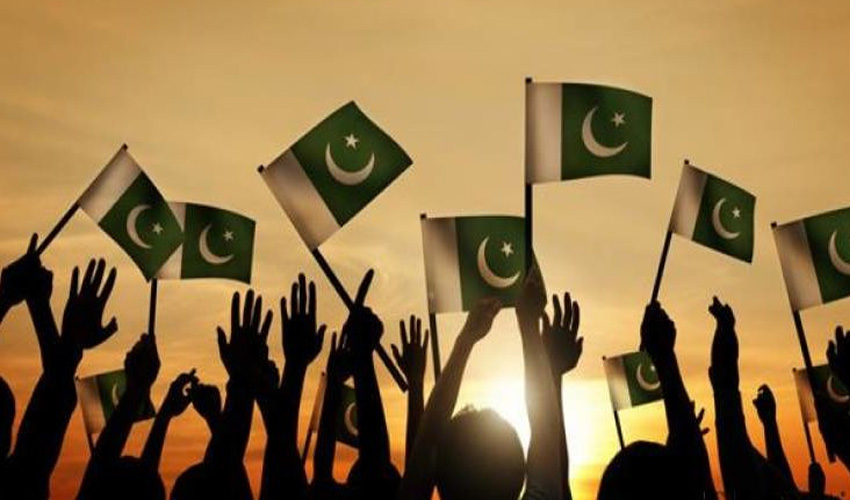Any country, community, or state is built on its youth. Their dynamism, inventiveness, and dedication are what may catapult countries into enduring glory, society into harmony and progress, and states into the preservation of their identity. Whenever revolutions have swept through an area throughout history, the most potent and active force behind them has frequently been the youth.
Youth have been essential to the identity and prosperity of Pakistan, a country that gained independence in August 1947. Although the first War of Independence in 1857 may have marked the beginning of Pakistan’s history, it was the daring, intelligent, and morally upright leadership of Quaid-e-Azam Muhammad Ali Jinnah that ultimately altered the subcontinent’s topography.Jinnah’s youth was her biggest asset. He visited every region of India, highlighting the youth’s importance and giving them a sense of direction that ultimately led to the British giving up power and the colonial government collapsing under the tide of youth-driven transformation.
Quaid-e-Azam conveyed optimism to students at Islamia College Peshawar and Lahore, saying that if young people are inspired to act positively, they have the ability to transform the world. Allama Muhammad Iqbal, the Pakistani philosopher-poet, who compared youth to “Shaheen” (eagles) in his poetry and whose ideas were realized under Jinnah’s inspiring leadership, shared this view of youth as a transformational force.






